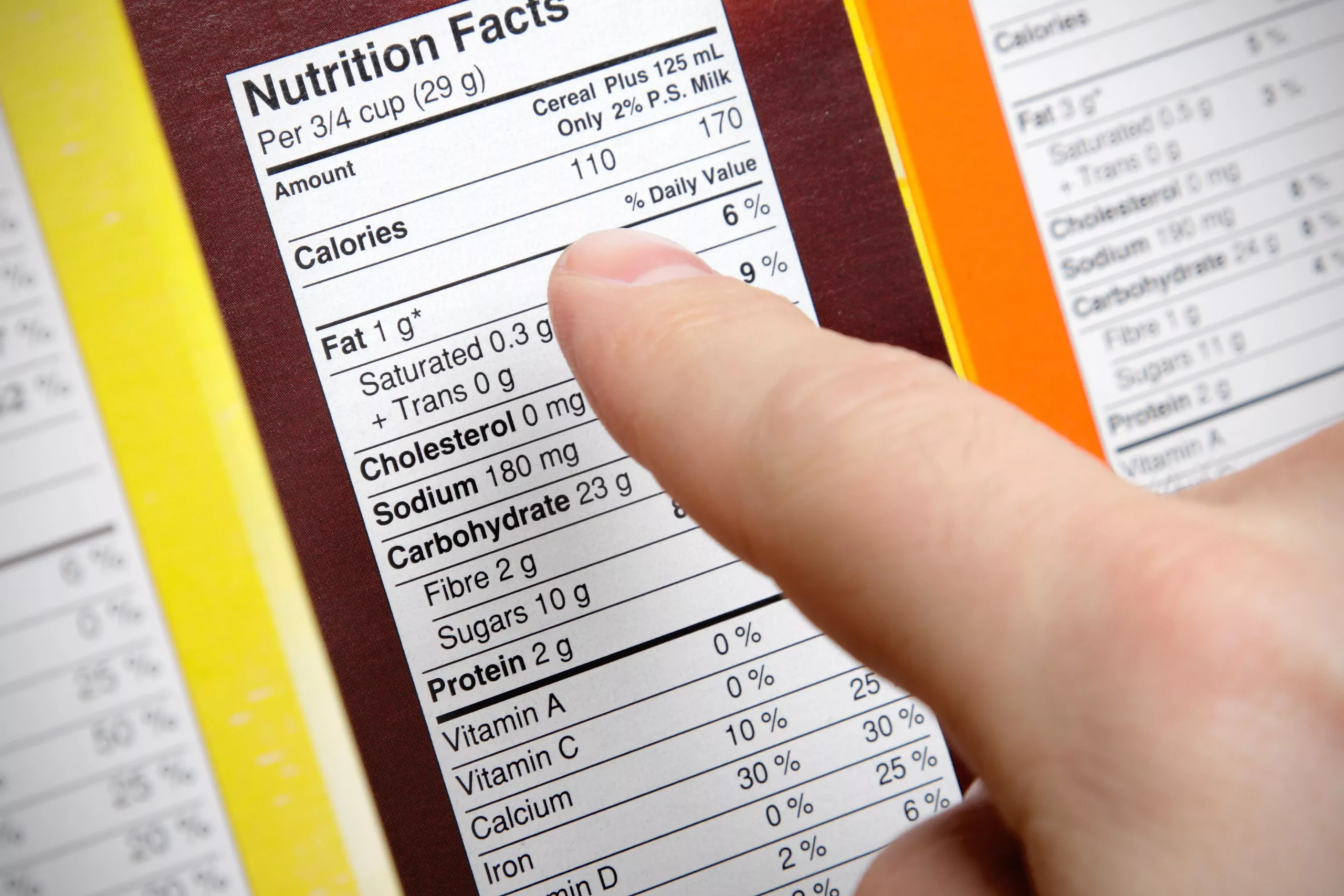The United Kingdom faces a substantial financial burden due to various forms of food fraud, according to a recent report. A comprehensive analysis indicates that food fraud exacts a considerable toll on consumers, businesses, and the government, ranging from £410 million ($504 million) to £1.96 billion per year ($2.4 billion).
This financial strain is not evenly distributed, with businesses bearing the brunt of the cost, accounting for £268 million ($330 million) annually. In comparison, the government shoulders £84 million ($103 million), and individuals are affected to the tune of £58 million ($71 million). When excluding costs associated with prevention, minor food fraud cases are estimated to have an average cost of £87,000 ($107,000), while significant cases can skyrocket to £4.3 million ($5.3 million). Depending on the type of food and the nature of the crime, each case can lead to expenses ranging from £16,000 ($19,700) to £151,000 ($186,000) for minor cases and a staggering £423,000 ($520,000) to £7.2 million ($8.8 million) for more significant incidents.
Incidents involving meat or alcoholic beverages tend to be the costliest, mainly due to the sheer volume of these products. Notably, some of the most expensive cases involve the diversion of waste meat and fish unfit for consumption, exacerbating the financial impact of food fraud.
The Food Standards Agency (FSA) in the UK processed 610 food crime intelligence reports in 2021, shedding light on the extent of the issue. However, it is suggested that the actual number of cases may be significantly higher, with an estimated total of up to 3,050 cases each year.
The report’s findings are based on a comprehensive approach to estimating the cost of food crime, which included a review of relevant public reports, 24 interviews with individuals from various organizations, and data from a survey of 700 small firms. The analysis was conducted with the base year set as 2021, providing a vital snapshot of the financial implications of food fraud in the UK.

























